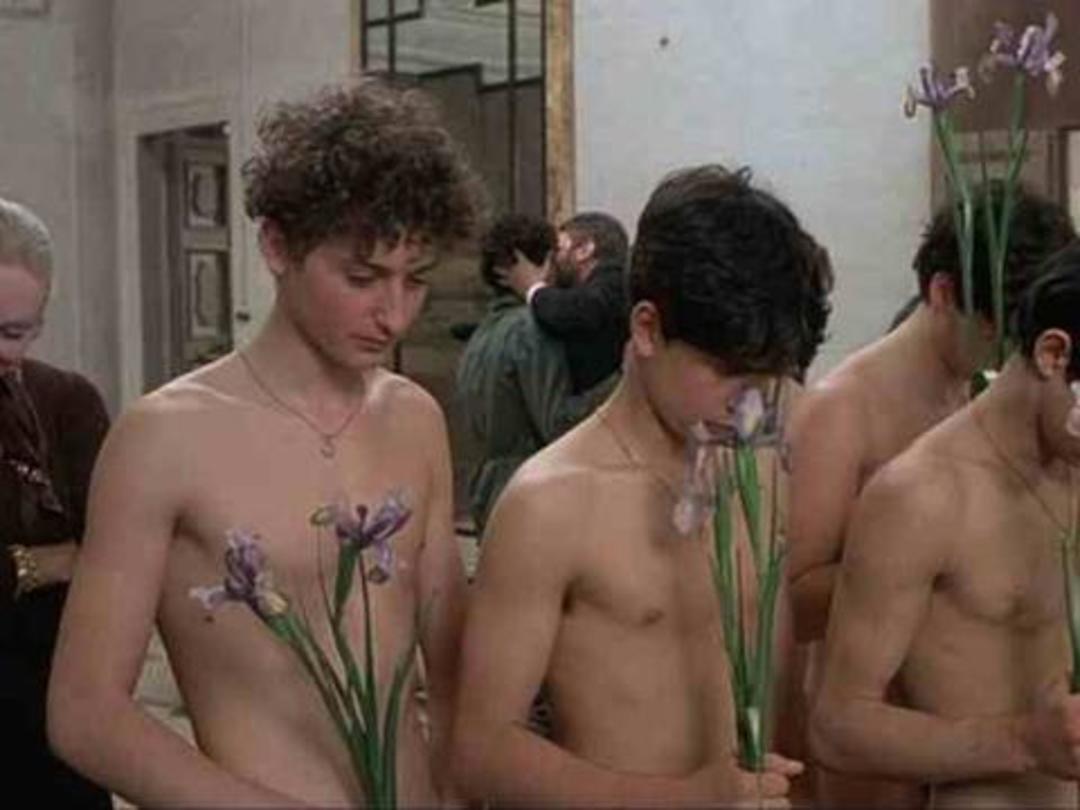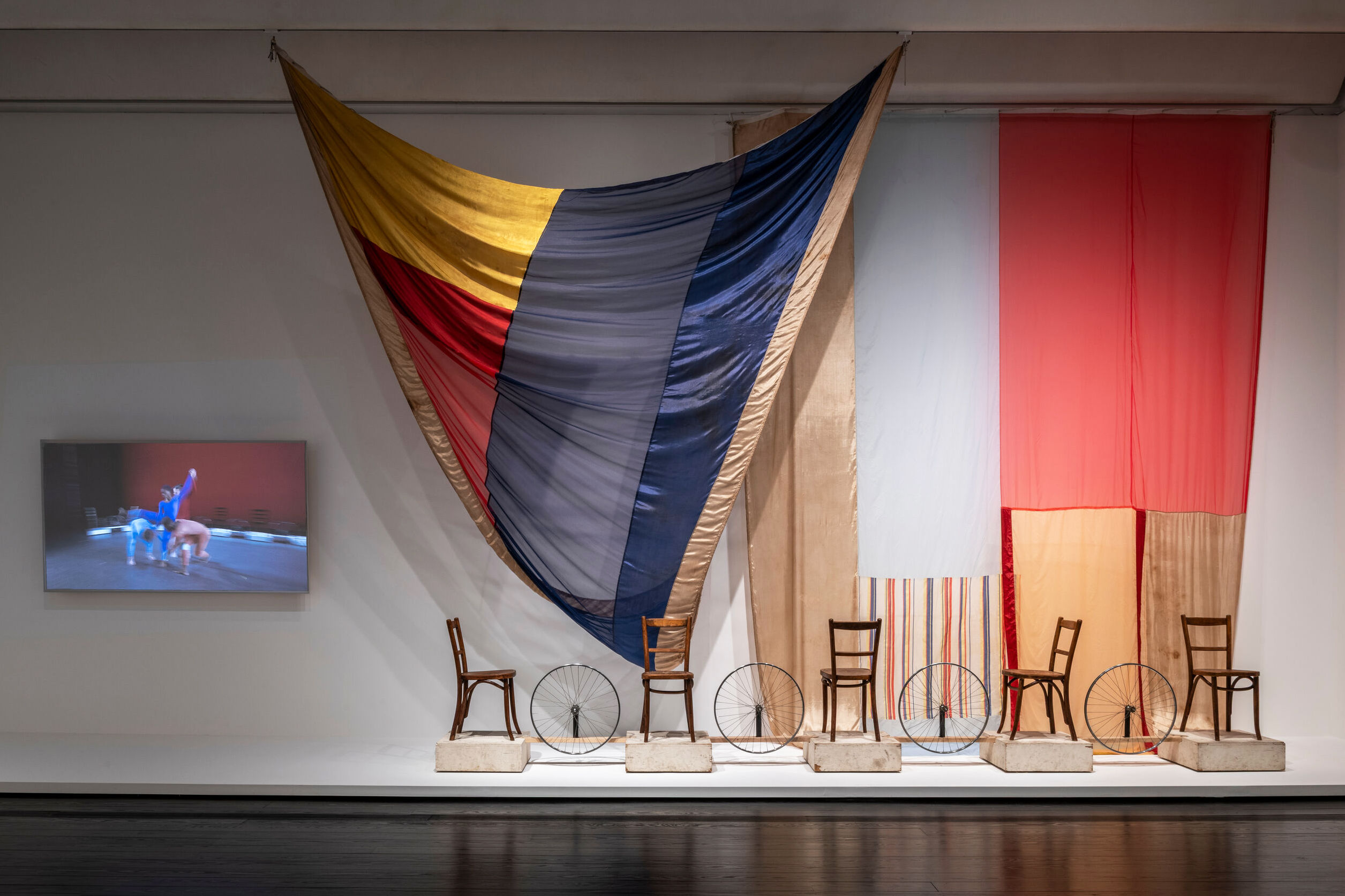Bunga Bunga!

Salò, or the 120 Days of Sodom
The first thing I learned about Pier Paolo Pasolini was the brutal way that he died. The Italian filmmaker's mutilated body was found in a Roman suburb in 1975, weeks before the release of his final and most scandalous film, Salò, or the 120 Days of Sodom. The oft-censored movie, full of torture and degradation, was a modern retelling of Marquis de Sade’s 18th-century novel. Who could resist seeing parallels between Pasolini's work and the way that he died? A 17-year-old male prostitute confessed (and later recanted) to savagely beating Pasolini and then running over him, repeatedly, with the filmmaker's own car.
Pier Paolo Pasolini Retrospective
Thru Oct 20
Trilogy of Life Series
Fri–Sun at 7
Rice Cinema
University Blvd. at Stockton Dr.,
713-348-4853
cinema.rice.edu
I was a film student in the mid-1970s when I first learned this story and had my first chance to view Pasolini's movies. I was seeing up to nine films a week back then, many of them in Italian, a language I was studying, but I went to see Pasolini's adaptations of The Canterbury Tales and The Decameron with more of a prurient than academic interest. That's the way it is with Pasolini. He worked with some of Italy's most universally celebrated filmmakers, including Federico Fellini and Bernardo Bertulucci, then went on to make passionate, politically charged movies that often were denounced by both the right and the left for being blasphemous or obscene. Controversy precedes him, and often overshadows the quality of his filmmaking.
Throughout the month of October, Rice Cinema and the Museum of Fine Arts, Houston will show an extraordinarily complete restrospective of Pasolini's work, ranging from his first movie, Accattone, a neorealist classic from 1961, to his final work, the scandalous Salò. After the screening of Salò on Oct. 18, the museum will host a panel discussion about the police seizure of the print when the River Oaks Theatre tried to show Salò in 1982.
Other films in the retrospective, which runs every weekend through Oct. 27, include Love Meetings, a documentary that Pasolini made in 1962-63 in which he interviewed Italians about their views on such topics as sex, divorce, and prostitution; Mamma Roma, a 1962 drama about the efforts of a middle-aged prostitute (Anna Magnani) to create a respectable life for her son; and Medea, Pasolini's interpretation of the classic Greek myth starring Maria Callas.
The festival began last weekend with two movies showing at the museum. It moves this weekend to Rice Cinema where three of Pasolini's works from the early 1970s will be shown. These include the two that first introduced me to Pasolini's work, The Decameron and The Canterbury Tales, screening Friday and Saturday respectively, and Arabian Nights, a film inspired by tales from the Middle East, screening Sunday. This is Pasolini's Trilogy of Life series, all inspired by classic books and featuring stories within stories. They all will be shown at 7 p.m. at Rice Cinema on the Rice University campus. These all are restored prints, in Italian with English subtitles.
On Oct. 11, the retrospective moves back to MFAH. You can get information on the museum's offerings on the museum website.




